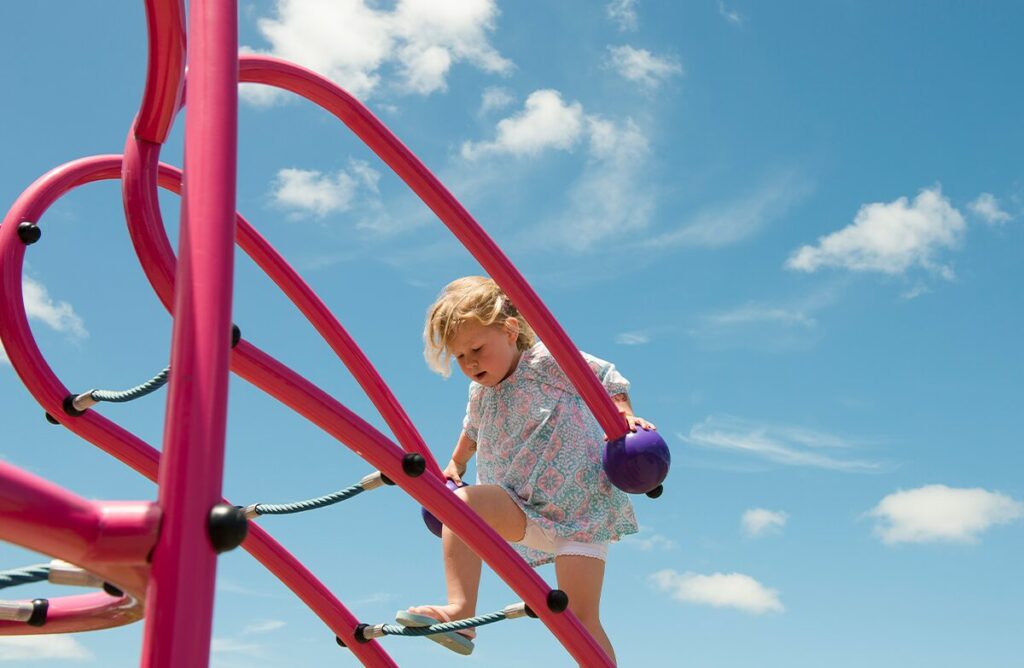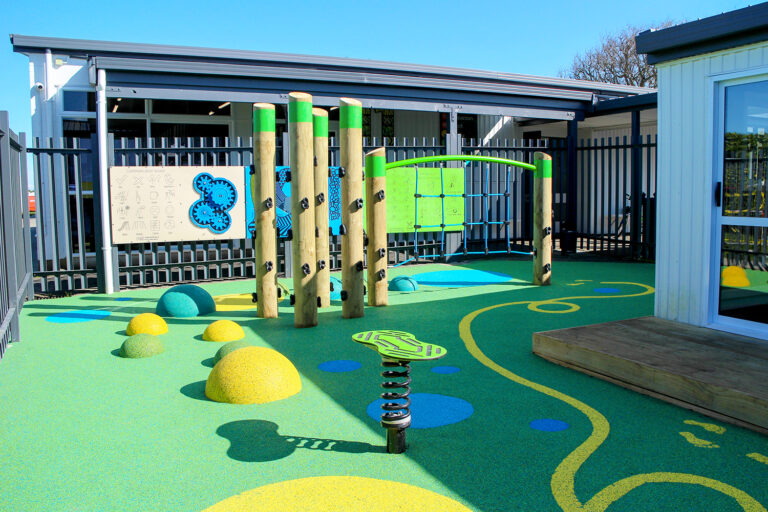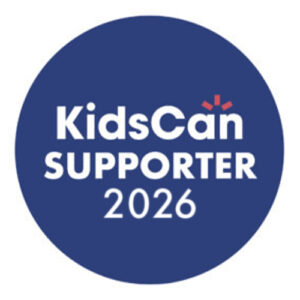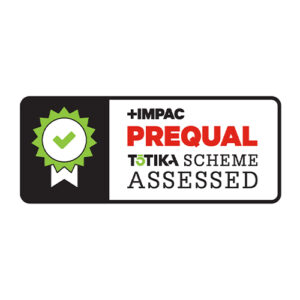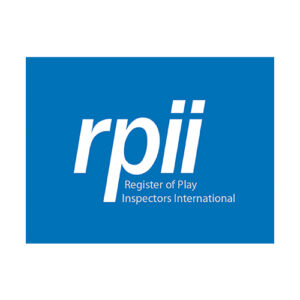Play is absolutely essential to a child’s development, contributing significantly to their cognitive, physical, social, and emotional well-being. It’s not simply a pastime; it’s a fundamental building block for a healthy and well-adjusted individual.
While all forms of play are beneficial, unstructured free play holds a particularly crucial role. This type of play allows children the freedom to explore their surroundings, create imaginative worlds, and discover new things without predetermined rules or guidelines imposed by adults. It’s in this unstructured environment that children truly learn to think critically, solve problems creatively, and develop a sense of self-reliance. They learn to negotiate with others, manage conflict, and build social bonds – all vital skills for navigating the complexities of life. This self-directed exploration empowers children to take ownership of their learning and development, promoting resilience and adaptability.
Research into the consequences of play deprivation, such as the work of Dr. Stuart L. Brown at the National Institute for Play (USA), provides compelling evidence for the vital importance of play. Dr. Brown’s research and the work of the Institute support the theory that sustained, moderate to severe play deprivation, particularly during the critical developmental window of the first ten years of life, appears to be linked to emotional dysregulation and a diminished ability to handle stressful circumstances. Children who are deprived of adequate play opportunities may struggle with managing their emotions, leading to increased anxiety, irritability, and difficulty coping with everyday challenges. This can have long-term implications for their mental health and overall well-being. As we prepare our children for the increasingly fast-paced and complex world beyond 2025, ensuring they have ample time for free play becomes even more important. These play experiences equip them with the essential life skills needed to thrive in a rapidly changing environment.
In recent years, there has been a notable and concerning decline in children’s free play time. This trend is driven by a number of factors, including increasingly busier family lifestyles, the pervasive influence of technology offering readily available entertainment, and a strong societal emphasis placed on academic achievement, often at the expense of other essential developmental activities. The pressure to excel academically can lead to over-scheduling and a reduction in unstructured time for children to simply be children.
As children return to Early Childhood Education (ECE) settings and outdoor environments in the new term, the opportunity to re-introduce or significantly enhance free play experiences presents itself. However, it’s important to establish a clear understanding of what true free play actually is.
Children possess a natural and innate instinct to play; given the freedom and opportunity, they will naturally engage in playful activities. True free play encompasses any kind of unstructured, independent, spontaneous, and self-regulated activity. This means that children are given the autonomy to choose their activities, set their own rules (or have no rules at all), and follow their own interests and impulses. It is in this self-directed environment that children are encouraged to fully utilise their imaginations, fostering creativity, problem-solving skills, and a sense of self-discovery. This type of play allows children to explore their own ideas, develop their own narratives, and learn at their own pace, developing a deep sense of engagement and enjoyment.
A few examples of free play are:
- Engaging in art activities like drawing, colouring, painting, cutting, and gluing.
- Using role-playing, make-believe, and dress-up to explore different characters and situations.
- Interacting with books through reading and looking at illustrations.
- Playing on playground equipment and participating in activities like climbing, swinging, and running.
Tips to encourage free play
To effectively encourage and facilitate free play within an ECE setting, educators can implement a number of key strategies. Creating a rich and stimulating environment is paramount, providing plenty of unstructured time is essential, and adopting a hands-off, supportive approach during play is crucial. These elements, combined with a culture that values play, create the foundation for meaningful free play experiences. Here are a few ways to implement these strategies:
- Create a rich and stimulating environment with designated play spaces, both indoors and outdoors, that offer different types of play experiences.
- Schedule dedicated blocks of time specifically for free play, minimising adult-directed activities during these periods.
- Resist the urge to direct or suggest play activities, allowing children to lead their own play.
- Ask open-ended questions to encourage children to reflect on their play and extend their thinking.
- Educate parents about the importance of free play for children's development.
- Apply play-based learning to other areas of study.
How can PlayBlox help facilitate free play?
PlayBlox‘s design facilitates rich, free play experiences through its high degree of adaptability. The system incorporates a diverse range of components, including Blox of varying shapes and sizes, climbers, overhead elements, slides, and balance features. This multifaceted design enables a wide range of configurations, allowing children to actively participate in constructing their own play environments. This participatory design allows for a sense of ownership and encourages the development of imaginative play scenarios. The unique clipping system, designed for both safety and ease of use, allows for quick and secure modifications to the structure. This dynamic characteristic ensures a constantly evolving play experience, promoting ongoing exploration, discovery, and sustained engagement.
Recognising the diverse developmental needs of children, PlayBlox offers specific configurations tailored to different age groups. Combinations such as the Matarangi, Piopio, and Oamaru are designed to provide age-appropriate challenges and opportunities for skill development within a secure and stimulating environment, catering to infants, crawlers, toddlers, and early walkers. The integration of PolyPlay panels available in Māori and Samoan languages, alongside a diverse palette of colours, promotes inclusivity and provides children with opportunities to connect with their cultural heritage and express their individual identities. Constructed from durable, weather-resistant, and graffiti-resistant PolyPlay material, PlayBlox is engineered for longevity and resilience, providing a safe and enduring resource for free play in supervised early childhood settings.


